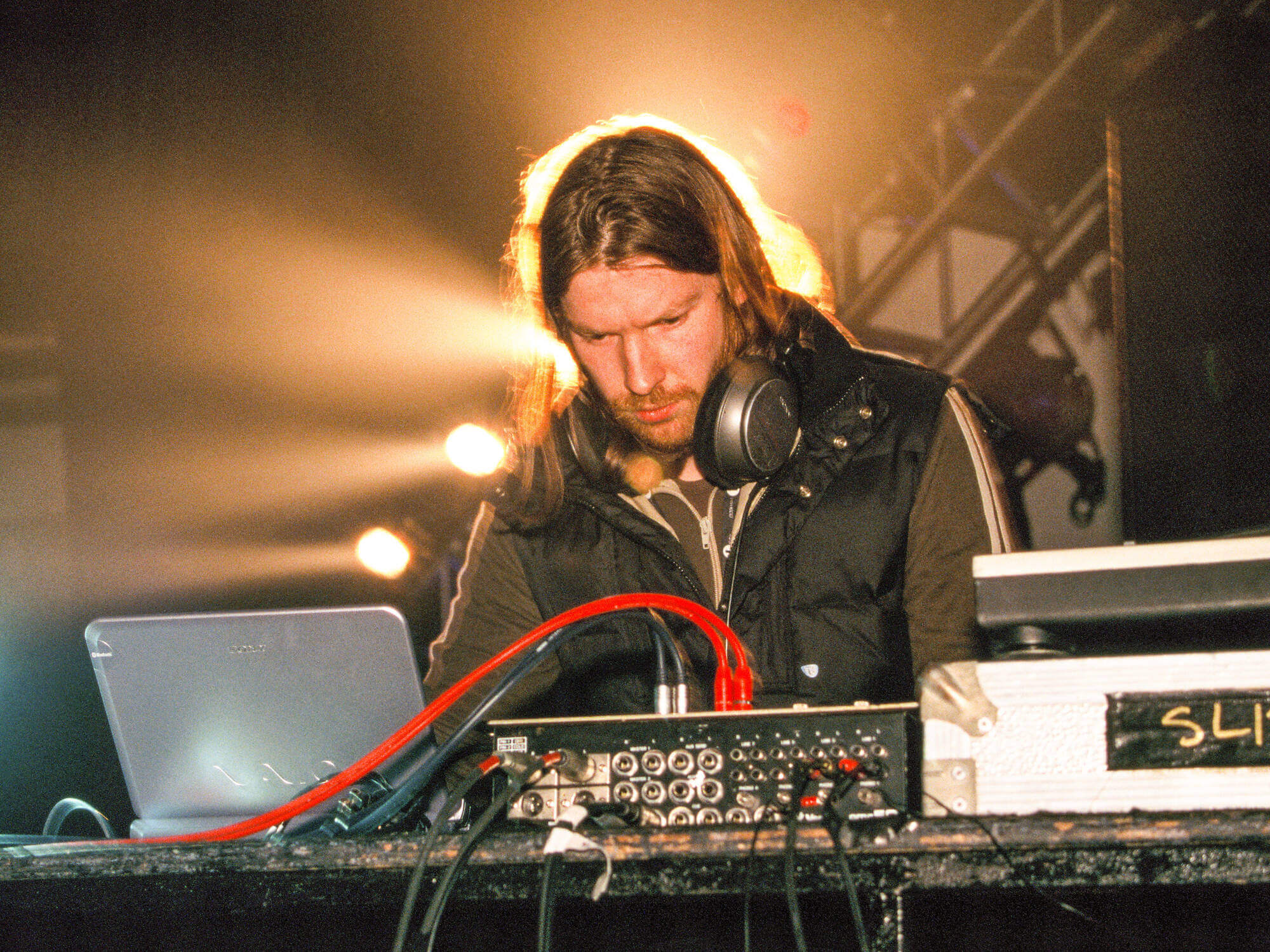Introduction: The Mind-Altering Power of Aphex Twin’s Music
Have you ever listened to Aphex Twin and felt like your brain was being rewired in real time? There’s a reason for that. Richard D. James, the mastermind behind Aphex Twin, creates music that doesn’t just entertain—it transforms. From glitchy breakbeats to haunting ambient soundscapes, his compositions challenge conventional auditory processing, pushing the brain into uncharted territories.
But what does science say about this? While research on Aphex Twin’s direct neurological effects is limited, studies on complex music, irregular rhythms, and auditory stimulation suggest that his work could have a profound impact on the hippocampus—the brain’s memory and spatial navigation center.
In this deep dive, we’ll explore:
- How Aphex Twin’s music defies traditional musical structures
- The role of the hippocampus in processing complex sounds
- Why his tracks might enhance neuroplasticity
- The psychological effects of unpredictable rhythms
- How Aphex Twin compares to other experimental musicians
- Practical ways to use his music for cognitive stimulation
If you’ve ever wondered why his tracks feel like a brain massage, keep reading.

1. Aphex Twin’s Sonic Architecture: Rewiring the Brain
Breaking Musical Conventions
Most music follows predictable patterns—verse, chorus, melody repetition. Aphex Twin throws this rulebook out the window. His tracks are built on:
- Polyrhythms – Multiple conflicting rhythms playing simultaneously
- Microtonal Shifts – Notes between notes, creating dissonance and tension
- Asymmetric Time Signatures – Beats that don’t conform to 4/4 standards
- Granular Synthesis – Sliced and rearranged sound fragments
This unpredictability forces the brain to work harder, activating deeper cognitive processing.
The Brain on IDM (Intelligent Dance Music)
When you listen to conventional music, your brain predicts what comes next. Aphex Twin disrupts this expectation, leading to:
- Increased dopamine surges (when the brain is surprised but finds patterns)
- Enhanced theta wave activity (linked to creativity and deep focus)
- Hippocampal engagement (as it struggles to map the unfamiliar sounds)
This constant recalibration may strengthen neural adaptability—essentially giving your brain a workout.
2. The Hippocampus: Aphex Twin’s Playground
What Does the Hippocampus Do?
The hippocampus is crucial for:
- Memory formation (especially episodic memory)
- Spatial navigation (mental mapping of environments)
- Emotional regulation (linked to mood and stress responses)
How Aphex Twin’s Music Affects It
Studies on musical complexity suggest that:
- Unpredictable sounds enhance hippocampal plasticity (the brain’s ability to reorganize itself)
- Ambient textures (like “Rhubarb” or “Stone in Focus”) induce meditative states, reducing cortisol (stress hormone) levels
- Fast, erratic beats (e.g., “Come to Daddy”) trigger fight-or-flight-like alertness, sharpening focus
In other words, Aphex Twin’s music may act as a cognitive enhancer, boosting memory retention and mental agility.
3. Neuroplasticity & Aphex Twin: A Match Made in Brain Heaven
Can Music Rewire Your Brain?
Yes—through neuroplasticity, the brain’s ability to form new connections. Aphex Twin’s music:
- Challenges auditory processing (forcing the brain to adapt)
- Encourages pattern recognition in chaos (like solving a puzzle)
- Stimulates the default mode network (associated with creativity and introspection)
Practical Benefits
- Improved problem-solving skills (from decoding complex rhythms)
- Enhanced focus (due to reduced predictability)
- Greater emotional resilience (via exposure to controlled dissonance)
4. The Psychological Effects of Aphex Twin’s Soundscapes
The Anxiety-Dissonance Paradox
Some listeners report anxiety from tracks like “Ventolin” (with its piercing high frequencies), while others find them cathartic. Why?
- Controlled exposure to chaos can build stress tolerance
- Dissonance resolution (when chaotic sounds resolve into harmony) releases endorphins
Aphex Twin as a Tool for Flow States
Many programmers, writers, and artists use his music to enter flow states—deep, uninterrupted focus. Tracks like “Xtal” or “Alberto Balsalm” provide just enough rhythm to guide the mind without distracting it.
5. Aphex Twin vs. Other Experimental Artists: Who Affects the Brain More?
| Artist | Effect on the Brain |
|---|---|
| Aphex Twin | Hippocampal stimulation, neuroplasticity boost |
| Autechre | Abstract pattern recognition, logic centers |
| Boards of Canada | Nostalgia-triggering, memory activation |
| Squarepusher | Hyperactive auditory processing, adrenaline |
While all these artists manipulate cognition, Aphex Twin’s blend of melody and chaos makes his impact uniquely memory-enhancing.
6. How to Use Aphex Twin’s Music for Cognitive Benefits
Want to harness his brain-altering power? Try these methods:
For Focus & Productivity
- Study/Work Playlist: “Selected Ambient Works 85-92” (calm yet engaging)
- Deep Work Mode: “Drukqs” (piano pieces mixed with glitch)
For Creativity & Problem-Solving
- Brainstorming Sessions: “Syro” (complex but groovy)
- Artistic Inspiration: “Richard D. James Album” (playful yet intricate)
For Meditation & Stress Relief
- Mindfulness: “Stone in Focus” (deep ambient)
- Anxiety Management: “Avril 14th” (minimal piano)
Conclusion: Is Aphex Twin the Ultimate Brain Hack?
If you’ve ever felt mentally different after listening to Aphex Twin, you’re not imagining it. His music doesn’t just sound unique—it rewires neural pathways, challenges memory systems, and enhances cognitive flexibility.
Whether you’re using it for focus, creativity, or pure auditory exploration, one thing is clear: Your hippocampus won’t be the same after Aphex Twin.
So, the next time you press play on “Windowlicker” or “Flim”, remember—you’re not just listening to music. You’re giving your brain a sonic upgrade.
Now it’s your turn:
- Which Aphex Twin track affects your mind the most?
- Have you noticed cognitive changes from his music?
- Will you use his tracks as a brain-boosting tool?
Drop your thoughts—and let’s see how deep the rabbit hole goes. 🎧🧠


